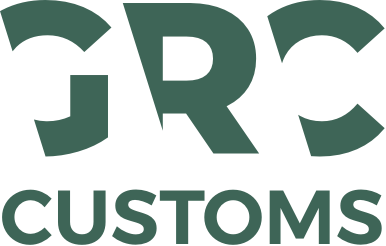The current global political tensions are leading to increasingly restrictive measures for international trade. It has been over a year since Russia initiated a war of aggression against Ukraine. In response to this attack and the unlawful annexation of Ukrainian territories, the EU and the US, among others, have imposed substantial economic and trade sanctions. These measures include extensive restrictions on the import and export of goods to and from Russia. The goal is to significantly impact the economy financing the war and to limit access to advanced technology necessary for weapon production. This naturally has consequences for European businesses, as they are no longer allowed to trade certain products with Russia. The latest figures indicate that exports from the Netherlands to Russia have decreased by 78% since the imposition of sanctions.
Navigating Export challenges: Risks and Controls
At the same time, there appears to be a strong increase in exports to countries around Russia, such as Kazakhstan, Armenia, and Turkey. These are countries with a long history of intensive trade with Russia. It is plausible that goods from Dutch companies may still end up in Russia through these countries, constituting a case of sanction evasion. To prevent sanction evasion, companies are expected to implement additional control measures. This includes thorough verification of customers and trade relationships, as well as the intended use of supplied products.
Customs authorities and other enforcement agencies in the EU and the US conduct strict controls on the imposed restrictions for import and export. These restrictive measures and the underlying legislation regarding goods export, financial, and trade sanctions are complex. Navigating through this new reality poses a serious challenge for companies, and mistakes can be made quickly. This challenge may be even greater for small and medium-sized enterprises where there is often no extensive legal and compliance department.
Strategic Compliance for Sustainable Business
Skillfully maneuvering through the set of rules may seem like a good idea, but it is not. Especially considering that, in addition to fines, the government may also resort to ‘naming and shaming.’ That is not the way a company wants to be known or recognized!?
Companies naturally want to focus primarily on their core business and not on complex and restrictive laws and regulations. To still comply with the applicable export and sanction laws, it is crucial to establish an internal export compliance policy. This is not a simple task if expertise is lacking. So, the question is, what is suitable for your company? To provide customized solutions to our clients, we translate a set of central themes to your business. We assist you in applying the legislation within your company without hindering your entrepreneurship. We can use the compliance tool ACT to facilitate daily management as well.
Questions? Martijn Hartkamp, our export and sanction specialist, is happy to visit you to discuss the possibilities. He can advise you on establishing an internal export compliance policy.
Want to schedule a meeting? Send a message to: info@grc-customs.com.

